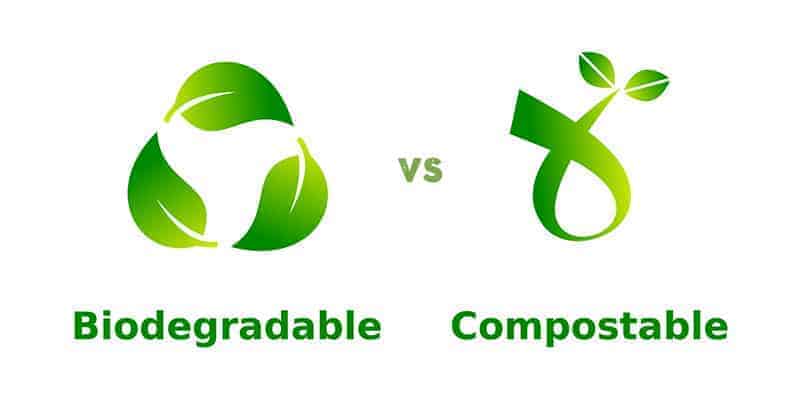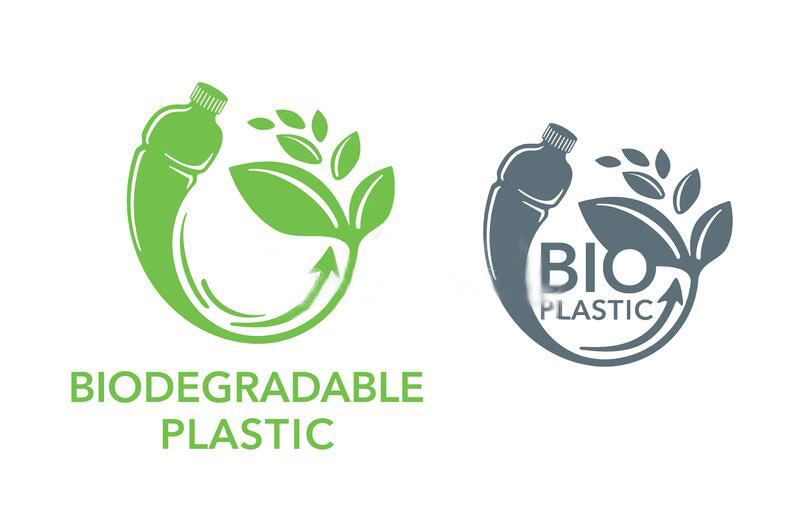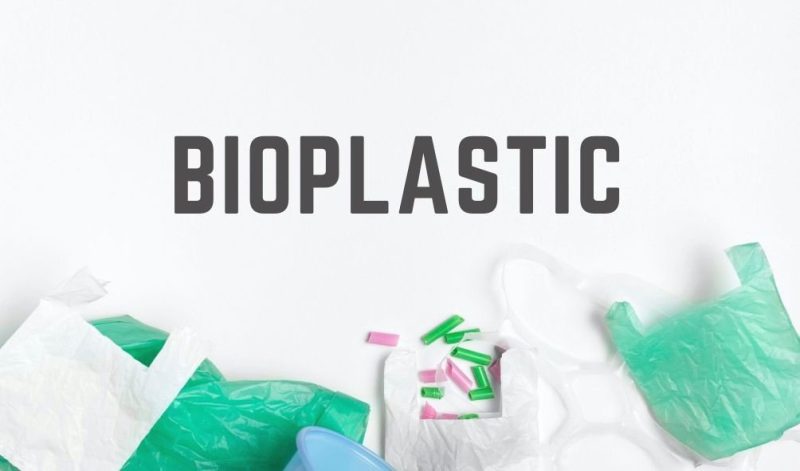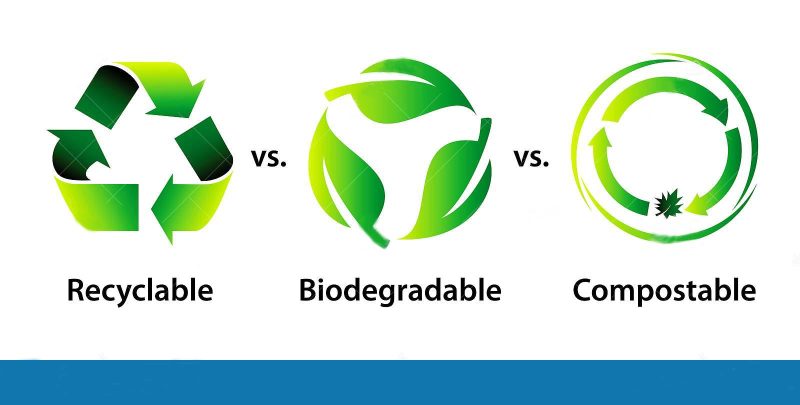Types of Biodegradable Plant pot
Following details:
- There are different types of plantable pots. Compostable planters can be made from: manure, rice hulls, paper, coconut coir, bioplastic, wood fiber, and straw. There are pros and cons with each type of pot; read this guide to help select the type of plantable pot that is best for you. When selecting a plantable pot, it is important to consider how much time your compostable planters need to start vs. how long it takes the container to degrade. Other considerations are climate, soil, and cost.
- Plantable pots for gardening make transplanting quicker and easier and can be used for ornamental and horticultural plants. The plantable pot can absorb some water, so it may be necessary to increase watering depending on the type used. For example, wood fiber and manure absorb more water than bioplastics and rice hulls. Plantable pots can also help stabilize substrate temperature, which reduces the chance to root injury.
- Biodegradable plant containers offer a more efficient and more sustainable transplanting operation compared to traditional plastic materials. Another benefit of plantable pots for gardening is their contribution to plant growth. Research has shown that using alternative containers generally benefits plant growth.
- Compostable Plant pot are a great way to reduce the use of plastics and other non-renewable resources in your garden. There are many different types available, so it is important to consider your climate, soil, and gardening practices when selecting one.





